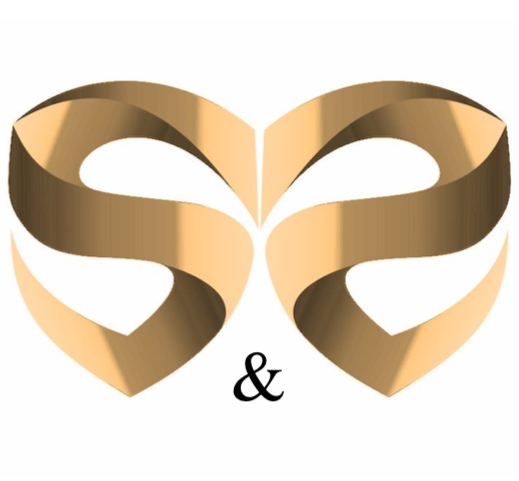Erotic literature has been a part of human culture for centuries, from ancient Greek texts to modern-day romance novels. Despite its widespread popularity, the genre is often stigmatized and dismissed as trivial or even immoral. However, erotic literature serves an important purpose in society, providing a safe and consensual outlet for exploring sexuality and desire.
Firstly, erotic literature offers a unique form of sexual expression that is often more nuanced and thoughtful than other forms of pornography. While visual pornography can be limiting in its portrayal of sexual acts and body types, written erotica allows for a wider range of scenarios, fantasies, and perspectives. This diversity can be empowering for readers, allowing them to explore their own desires and preferences in a safe and private space.
Additionally, erotic literature can serve as a valuable educational tool for those looking to learn more about sexuality and relationships. By exploring the complexities of human desire and attraction, erotic literature can help readers develop a deeper understanding of their own sexuality and that of their partners. This can lead to more fulfilling and consensual sexual experiences, as well as healthier relationships overall.
Of course, it’s important to note that not all erotic literature is created equal. Like any genre, there are works of erotica that are poorly written, exploitative, or even harmful. It’s up to readers to exercise discretion and seek out works that are thoughtful, respectful, and consensual.
The stigma surrounding erotic literature is often rooted in a misunderstanding of the genre. Many people assume that all erotica is explicit and graphic, when in reality, the genre encompasses a wide range of styles and tones. Some erotic literature is indeed graphic, but there are also works that are more subtle bbw hot videos and suggestive, using innuendo and implication to convey sexual tension.
Moreover, the stigma surrounding erotic literature is often gendered, with women’s sexuality being policed and judged more harshly than men’s. This double standard is reflected in the way that erotic literature is marketed and sold, with works aimed at women often being marketed as “romance” rather than “erotica.” This not only perpetuates harmful stereotypes about women’s sexuality, but also limits the range of experiences and perspectives available to readers.
Ultimately, the value of erotic literature lies in its ability to provide a safe and consensual outlet for exploring sexuality and desire. By offering a diverse range of scenarios, perspectives, and styles, erotic literature can help readers develop a deeper understanding of their own sexuality and that of their partners. While it’s important to exercise discretion and seek out works that are thoughtful and respectful, there’s no denying the power of a well-written erotic story to ignite the imagination and inspire desire.
In conclusion, erotic literature plays an important role in society, providing a unique form of sexual expression and a valuable educational tool for those looking to learn more about sexuality and relationships. While it’s important to exercise discretion and seek out works that are thoughtful and respectful, there’s no denying the power of a well-written erotic story to ignite the imagination and inspire desire.


Commenti recenti